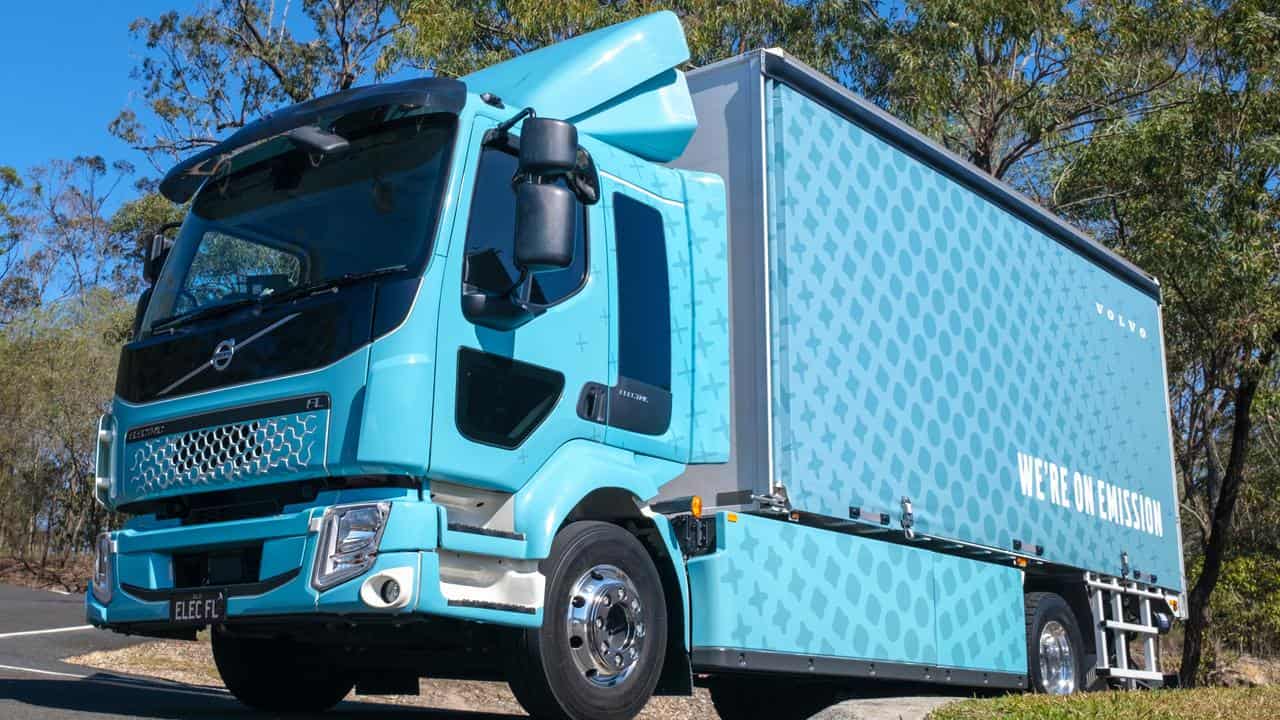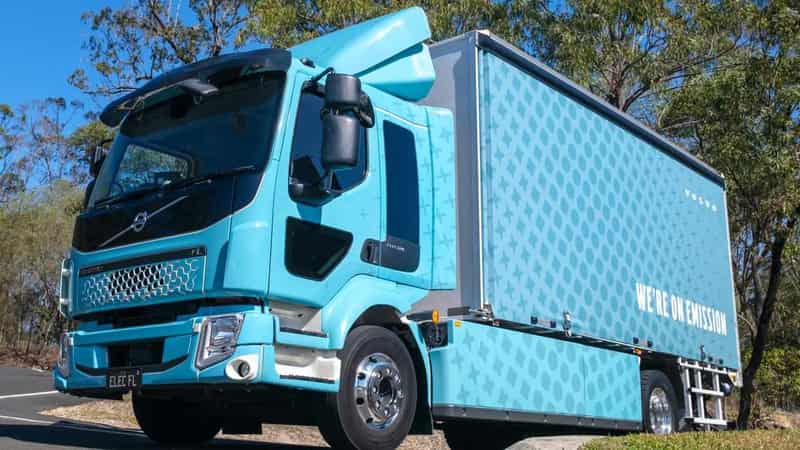
Australia’s heavy-duty transport industry is calling for a $3 billion national fund to invest in low-emission vehicles and ensure drivers can keep on trucking in a net-zero era.
The National Road Transport Association revealed its proposal on Wednesday, arguing a Clean Transport Fund would be needed to help businesses of all sizes invest in electric vehicles, install charging infrastructure, and investigate hydrogen-fuelled options.
The group’s suggestion comes in the latest submission to the federal government’s Transport and Infrastructure Net Zero Consultation Roadmap, which closes to submissions next week.
It also comes one week after a government inquiry was told Australia’s move to low-emission transport could be delayed by the price of electric trucks, even though drivers and residents preferred them.
National Road Transport Association chief executive Warren Clark said current plans to cut transport emissions fell short of supporting the trucking industry despite the nation’s reliance on freight.
“Australia’s roadmap to net-zero is not on track, risking our climate targets and pushing the industry into crisis,” he said.
“A $3 billion Clean Transport Fund is a reasonable request considering the significant public benefits such as lower emissions and health costs.”
Mr Clark said the trucking industry operated with an average profit margin of just two per cent, making large investments in new vehicles difficult, and putting small operators at a disadvantage.
NatRoad policy head Sam Marks, who wrote the group’s submission, told AAP a $3 billion Clean Transport Fund would be necessary to accelerate the industry’s move and could be used to fund initiatives over seven years.
“If we’re going to accelerate the transition, there will be a cost to it,” he said.
“At the moment, electric trucks are two to three times their diesel equivalent in term of price even though they do have lower running costs.”
Mr Marks said the fund could be used to support loans for electric heavy-duty trucks, particularly for smaller operators, as well as establishing shared or public infrastructure to recharge the vehicles, investigating hydrogen options, and providing case studies for the wider industry.
Regulatory changes would also be needed to support low-emission trucks, he said, including certainty about where the vehicles could be driven, equitable contracts for electric truck operators, and support for low carbon fuels.
“In California, a low carbon fuel standard has driven the growth of renewable diesel, which will be important for the heaviest end of the fleet,” Mr Marks said.
The government’s public consultation, which closes on August 6, is designed to gather opinions ways to cut emissions from transport, which is forecast to become Australia’s most-polluting industry by 2030.









